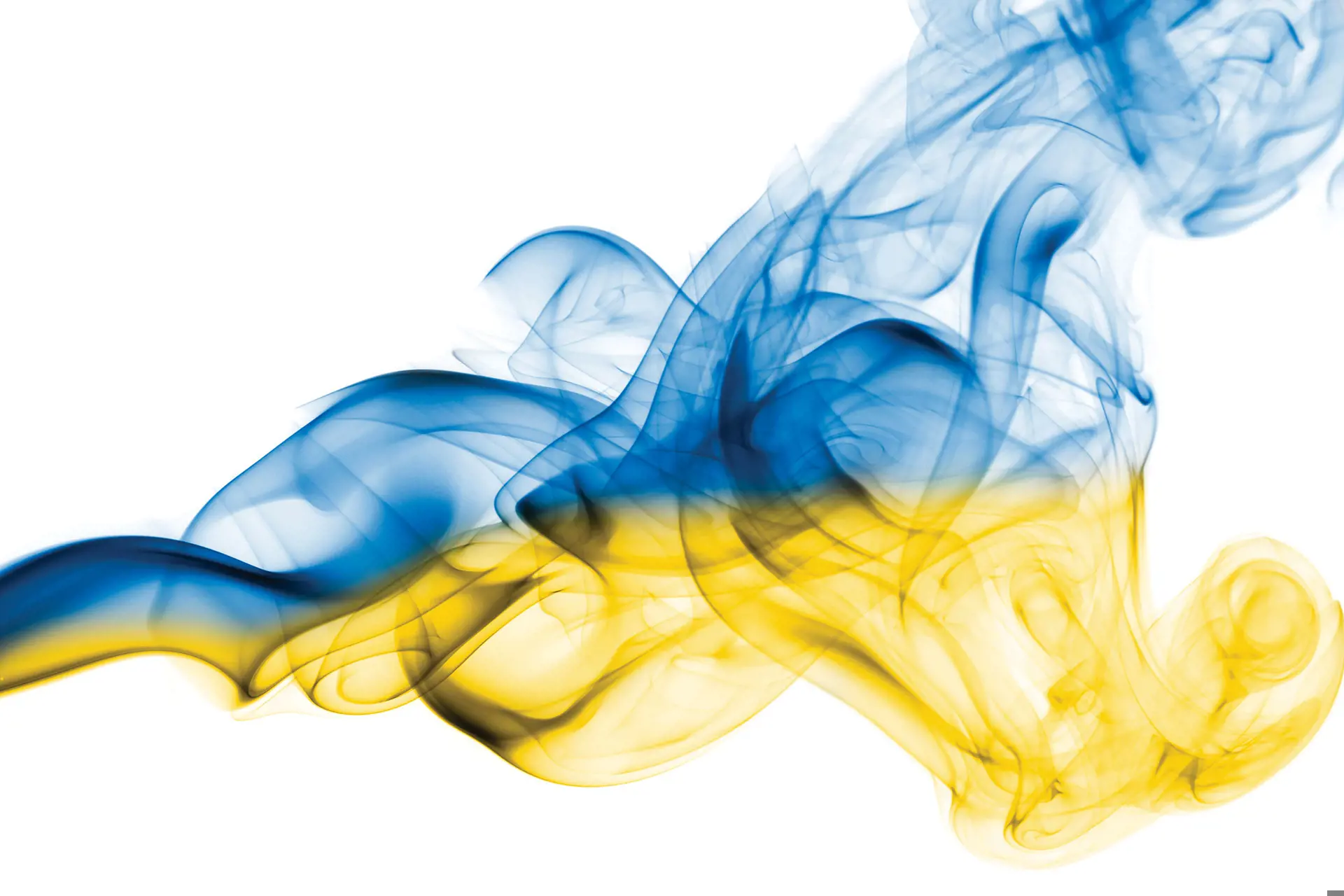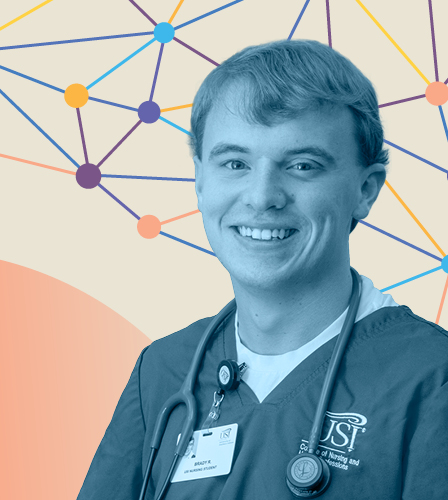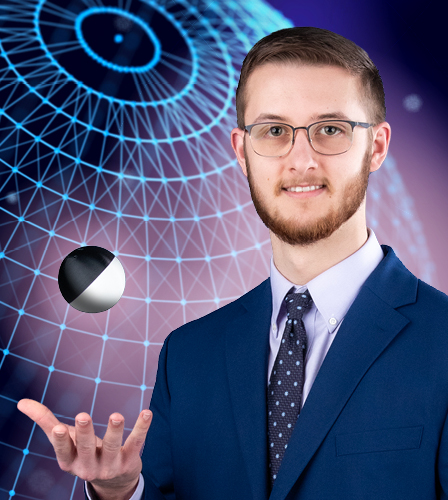Plumes of Smoke
by Hans Schneider '01
Plumes of Smoke

I remember sitting in my eighth-grade class at Evans Middle School in Evansville on February 6, 1992, when what appeared to be a mushroom cloud rose in the sky outside our classroom window. Throughout middle school we were told that Evansville would be a target if the United States ever went to war with the Soviet Union. However, the Soviet Union collapsed a few months earlier and such a smoke cloud seemed unexplainable. Some students worried that it was some sort of a surprise attack as there was talk that the fall of the Soviet Union was just a ruse to get the United States to let down its defenses. No one in class could come up with a good explanation for what happened, and our developing minds raced to come up with some logical answer to what could have caused this plume of smoke.
I don’t remember exactly how long it took us to learn that a C-130 Hercules plane crashed into the Drury Inn and JoJo’s restaurant. But the time between the plume of smoke in the air and the revelation that it was an accident seemed like an eternity of uncertainty. This event shook my perception of the world more than anything in my life in the sense that it taught me that catastrophes can happen close to home.
On February 24, 2022, another tragedy struck close to home when Russia invaded Ukraine, my wife’s homeland and the nation where most of her family still lives. My love for and relationship with Ukraine and its people developed after graduating from USI with a bachelor's degree in civil engineering technology. I always enjoyed designing and building and pursued a master's in construction management and a doctorate in urban and regional science from Texas A&M University. During my PhD research, I came across an interesting article about wooden churches in Western Ukraine and decided to pursue a Fulbright Grant to develop a preservation plan for them.
While in the Fulbright program, I lived in Lviv—a World Heritage Site and where I met my wife—and was able to travel throughout the country. It is hard to see places that I once visited turned into rubble. It is hard to see historic monuments, shopping malls and even zoos being destroyed. It is hard seeing the pain that this is causing in not only my family but the friends and families of those I care for so deeply.
My brother-in-law was drafted when Ukraine was first invaded by Russia in 2014. This year he turned 44 years old. When Russia invaded again in 2022, he was called to fight for Ukraine and bravely went back to serve. He fought valiantly until a rocket killed him and many of his fellow soldiers in the village of Hirs’ke near Sievierodonetsk on May 30.
When the war broke out, my sister-in-law took her two children to her in-law’s home and spent almost every night in a makeshift bomb shelter hearing air raid sirens nearby. Eventually, the stress became almost unbearable, and they went to France as refugees, but returned to Ukraine when their husband and father was killed to hold his funeral. What does a parent say to their
children in this situation?
When I was told the military called up my brother-in-law in February, I immediately started to Skype my closest male friends in Ukraine. None responded and I knew why. Eventually, I received a message from my friend Nazar. He is in Ukraine and part of it read, “we have the war, but this could not be avoided. We need to end it finally.” That was the last message I received from him although I contacted him several more times. I’m having a lot of real-world conversations I never thought I would have, like how to help raise my niece and nephew. How to help my aging father-in-law and mother-in-law who do not want to leave Ukraine, but whose health is deteriorating. I am also having conversations with friends in Ukraine while wondering if they will be my last. Although these are painful conversations, the ones that I dread the most are in the future. I wonder how I will explain to my son when he grows up—how he had a great-grandfather that survived Hitler's Auschwitz and a great-grandmother and countless other relatives who survived the Soviet Ukraine's Holodomor and then the world is witnessing a tragedy like we are seeing happen again in our day and time.
Someone asked my brother-in-law why he didn’t just take his family and leave when the war broke out and he replied that Ukraine’s freedom was a worthy cause and he wanted to be an example to his children.
Six months have passed since Russia launched a large-scale military assault on Ukraine. With today’s 24/7 news coverage, I witness the horrific terror Russia reigns on the people—my family, my friends. Even though I can’t see a plume of smoke outside my window, the threat to Ukrainians and the rest of the world is real. I am trying to support Ukrainians in their effort however possible. I hope others will join in to make a difference too.
Dr. Andrew Buck, Associate Professor and Chair of Sociology, talks with alumnus Hans Schneider ‘01 about Fulbright grants, advocacy and why the Russian-Ukraine war should matter to the world. Read the Q&A now.






